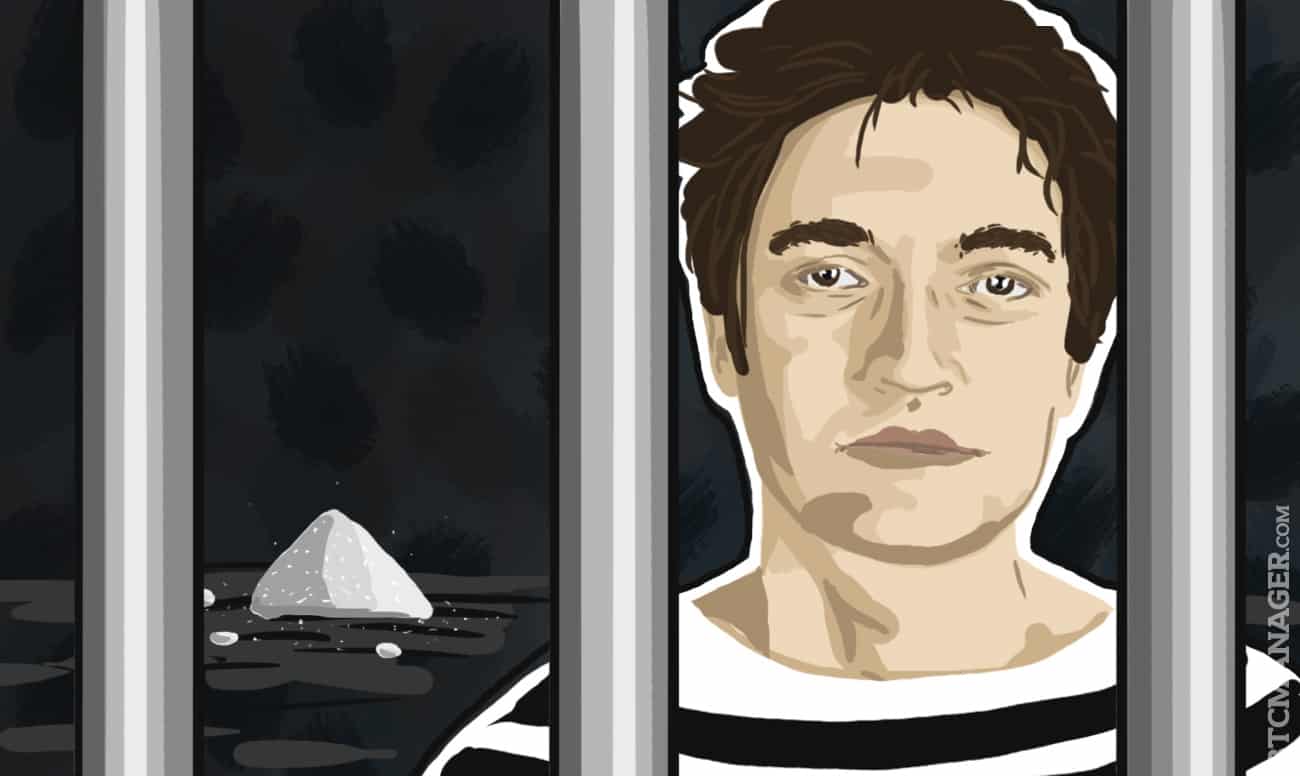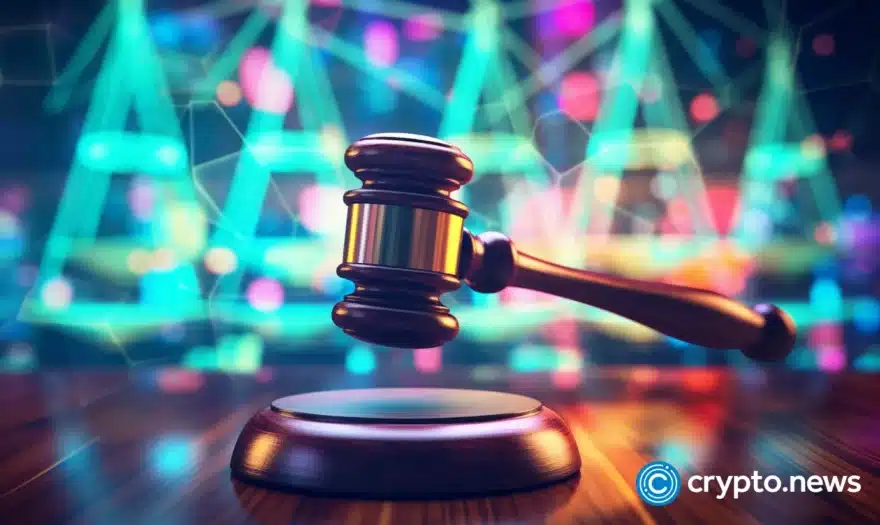Transcript Reveals Judge’s Justification for Ulbricht’s Life Sentence

The Silk Road scandal has been analysed hundreds of times by advocates of internet privacy, but also by lawyers, crypto-experts and last but not least, the bitcoin community. An unsealed transcript reveals Judge Katherine Forrest’s thinking before sentencing Ross Ulbricht, the man convicted of being the mastermind behind the online marketplace.
In general, transcript showed Forrest defending the current United States drug and narcotics laws. Together with this, she also exhaustively rebuked the idea that putting a drugstore on the internet resulted in any form of harm reduction whatsoever, as Ulbricht’s defence had argued in court.
She said, “What Silk Road really was, was a social market expander of a socially harmful drug that we have deemed in our democratic process to be unacceptable and it was an enabler of those trying so very hard to get away from it.”
This is counter to the claim Ulbricht’s lawyers had argued: that the drug marketplace actually reduced the harm, mostly due to the fact that it kept narcotics and other drugs off the street, thus reducing the influence of drug cartels, while also allowing those purchasing drugs online to discuss various aspects related to drug safety.
Forrest said, “The social costs of drugs are manifest. The user is only one part of the equation, that is where much of this harm reduction argument comes from and it is focused on the user. The user is one part of a massive, massive worldwide scheme of drug trafficking and if you sat where I sat you would see that the user is not the end… So, harm reduction focused on the user is missing the point.”
Forrest also argued the fact that through his innovative system, Ulbricht was challenging the US drug laws relating to sales and distribution. According to her, while there are ways to change some of the laws, creating a system where everyone is practically free to purchase drugs is not one of them. She also pointed out that Ulbricht thought of himself as above the law, when creating and operating the marketplace, which, according to her, is an idea that is terribly misguided and also dangerous at the same time. As Forrest stated, Silk Road was not the “libertarian social experiment Ulbricht made it be.”
Leaving aside Forrest’s words, the transcript also shows another side of the story, unheard by the press until now. It also includes Ulbricht’s final plea for leniency and mercy, prior to being sentenced to life in prison. Based on the transcript, Ulbricht seems to have broken down in tears, and apologized to the families of those who died of overdoses on drugs that had been purchased from Silk Road, while also saying that during his trial and 20-month incarceration period during the investigation, he gained a new respect for the law.
“One of the things I have realized about the law is that the laws of nature are much like the laws of man. Gravity doesn’t care if you agree with it––if you jump off a cliff you are still going to get hurt. And even though I didn’t agree with the law, I still have been convicted of a crime and must be punished. I understand that now and I respect the law and the authority now,” he said.
According to the reports, Ulbricht’s appointed judge reportedly spent more than 100 hours considering the sentence, prior to handing it down on May 29. Ulbricht was sentenced to life in prison with no parole, on multiple charges of narcotics trafficking, distribution, conspiracy, and computer hacking, but also on trafficking of fraudulent documents and money laundering.
Ulbricht is currently appealing his sentence.















